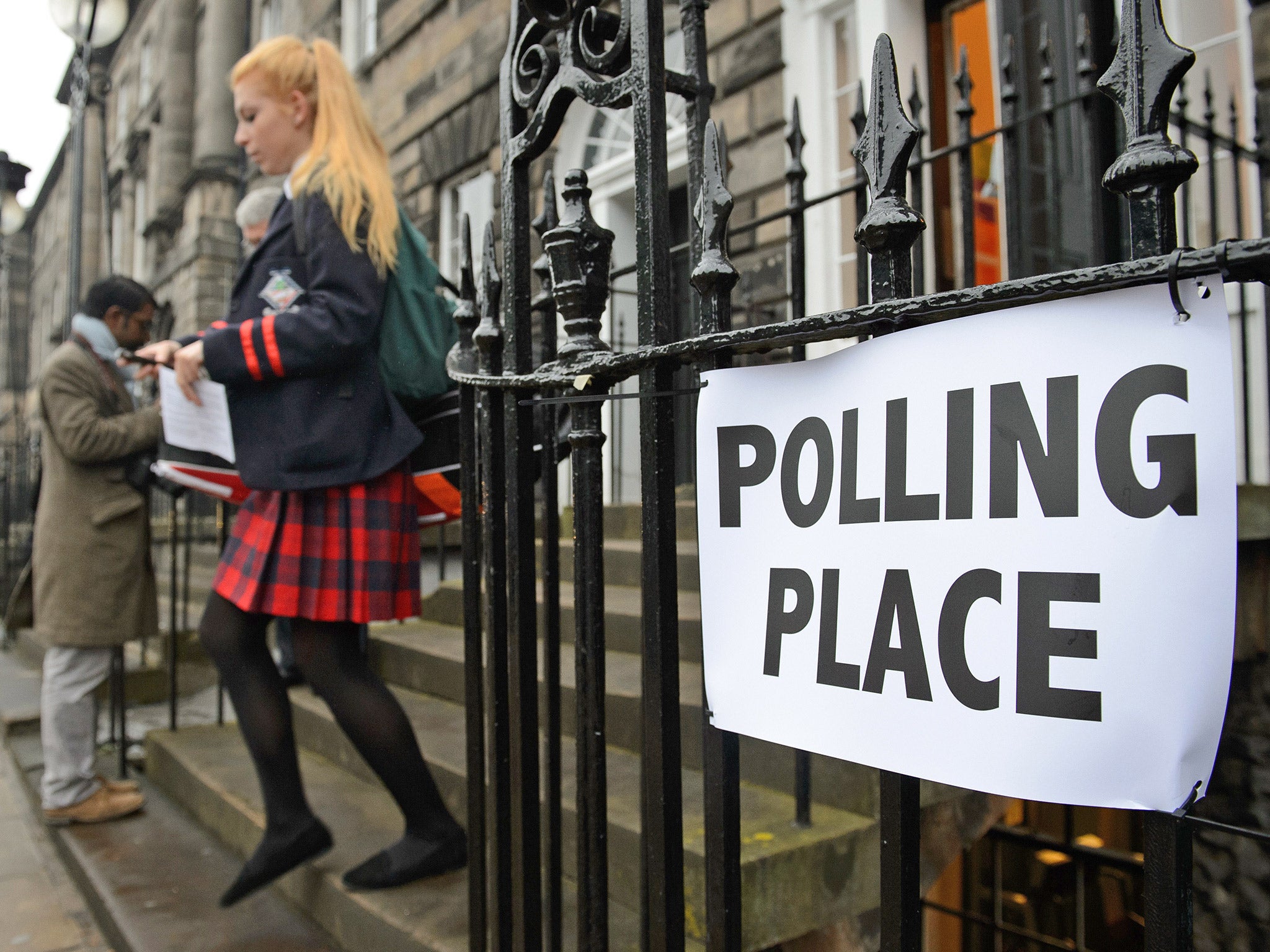English local council elections: Who will win? What are the key issues at stake? The big questions answered
Everything you need to know about Thursday's English council elections

What’s being voted on?
Between 100 and 200 local councils in England will hold elections, mostly so-called Metropolitan Boroughs like Birmingham and Sheffield. Some district councils are also up for election.
Read our guides to the 2016 UK elections
Most councils having elections will elect one third of their councilors, some will elect all of them at the same time.
What are the main issues at stake?
Local issues like planning, housing, parking, etc; some voters use local elections to have their say on how they think parties are doing at a national level, however.
Who’s going to win?
The results will be a patchwork across the country; local elections like this are usually benchmarked compared to previous results and used as a barometer of how parties are doing.
Labour is expected to lose seats, because it was at a polling high point last time these seats were up for elections.
The party’s leader Jeremy Corbyn has suggested that his party may in fact gain support, however.
A particularly poor result may prompt calls for Mr Corbyn to step down from his opponents within the party. Expect a huge spin session from all sides, focusing on Labour’s results.
Most counting will begin the next day, Friday.
How do the elections work?
It varies by local authority, but all are elected using the First Past the Post system.
Some wards have multiple councillors representing them, others have only one councillor per ward.
Because only some wards are up for election in most councils the balance of power will likely subtly shift in most areas of the country rather than dramatically change.
Join our commenting forum
Join thought-provoking conversations, follow other Independent readers and see their replies
Comments
Bookmark popover
Removed from bookmarks